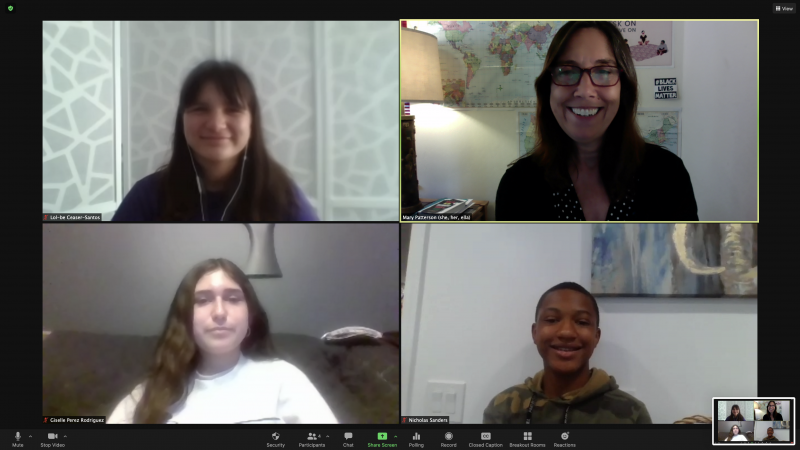This is part four of our Election 2020 student content blog series. See part one, part two and part three.
KQED Education asked middle and high school students from all around the country to submit audio or video commentaries about election issues that matter most to them. The Let’s Talk About Election 2020 Youth Media Challenge received over 500 submissions so far, and many of them in Spanish! It’s no surprise that young people are interested in climate change, gun legislation, and college affordability. The students from Longfellow Arts and Technology Middle School in Berkeley, CA—a dual-immersion program—submitted commentaries on a vast array of topics that span from female representation in government to police brutality. See what these 8th graders have to say.
Nicholas S. created this thoughtful piece on an issue that’s been dominating the headlines in recent months — police brutality.
Police Brutality by Nicholas S.
Lol-Be C. noticed that representation in government is not equitable according to gender lines and wrote this insightful commentary.
Female Representation in Government
